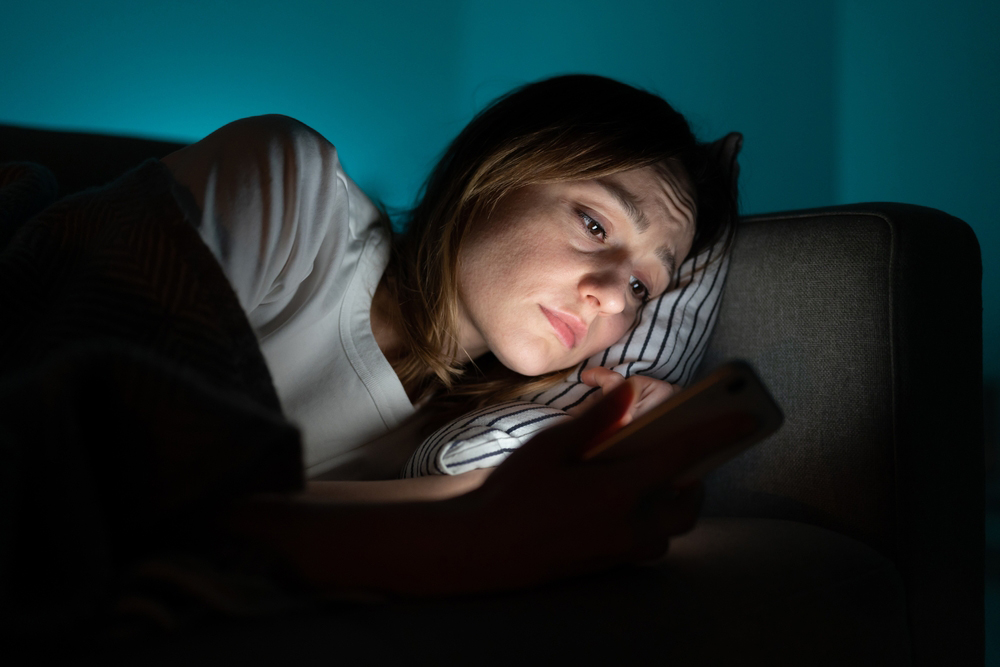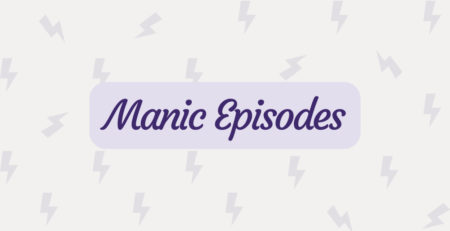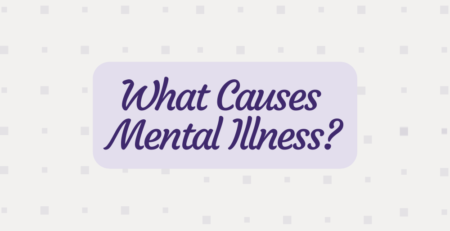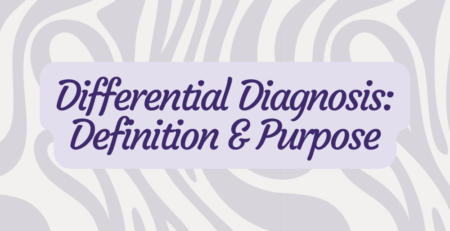Health Anxiety Explained
We all occasionally worry about our wellness. However, if your preoccupation with illness has started taking over your life, you may have health anxiety. The DSM-5-TR doesn’t categorize health anxiety as a mental illness, but its symptoms overlap with other well-defined diagnoses, including obsessive-compulsive disorder.
Health Anxiety vs. OCD
Health anxiety shares several characteristics with OCD. Both conditions involve irrational, distressing thoughts and extreme behaviors such as excessive cleaning and hand-washing. If you have health anxiety, you may make multiple doctor’s appointments in search of reassurance or feel the need to repeat a mantra to shield yourself from illness.
You might have health anxiety if you:
- Frequently look for signs of illness, such as lumps, tingling or pain
- Always try to get a second or even third opinion from health professionals
- Constantly search for health information online because you fear a doctor won’t take you seriously
- Avoid making medical appointments because you don’t want your fears confirmed
- Have psychosomatic symptoms like fatigue, insomnia, shortness of breath, stomachaches and headaches
Do You Have Health Anxiety?
Healthy humans experience all kinds of sensations, some of which may be uncomfortable or unexpected. For example, you may get suddenly dizzy and lose your balance if you stand up too quickly. Or, your heart might flutter or skip a beat. In most cases, these are normal and harmless bodily changes, but if you have health anxiety, you probably jump to the conclusion that they are symptoms of a dreaded disease.
Compounding the problem, anxiety can cause many physical symptoms like a racing heart rate, sweating, fatigue, nausea, difficulty breathing, shakiness and tightness in the chest. These can give your overactive imagination even more fuel to picture the worst-case scenario.
Often, a specific event triggers the onset of health anxiety, such as a family member’s death or a friend’s cancer diagnosis. If you already tend to be an anxious person, it may not take much of a push to trap you in a cycle of illogical thoughts and Googling symptoms.
Treating Health Anxiety
If health anxiety has started taking over your life and self-help tips like journaling and meditation haven’t gotten things under control, make an appointment with your general practitioner to rule out any potential physical ailments. Then, you can reach out to a therapist or psychiatrist who can equip you with coping tools for managing your anxiety disorder. For example, cognitive behavioral therapy has proven to be an effective treatment modality because it focuses on changing negativity into positivity.
At Serene Behavioral Health, we will structure a treatment plan to meet your specific needs. We offer four levels of care based on the level of support you need in your life. If you are ready to start your healing journey, contact us today to speak with our admissions team.
















